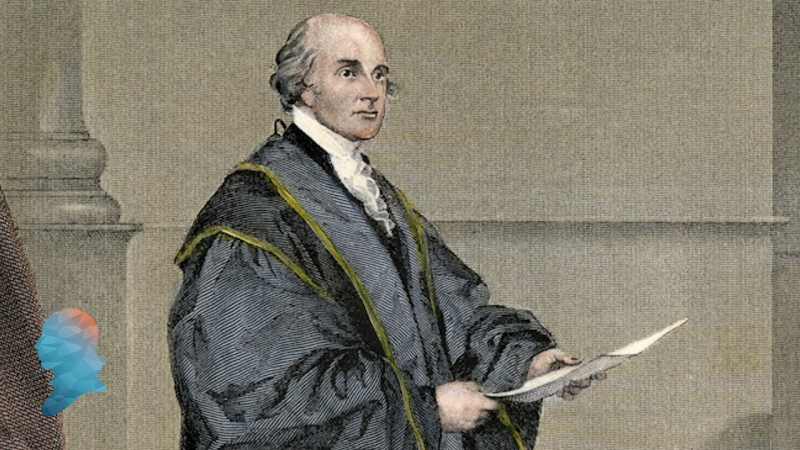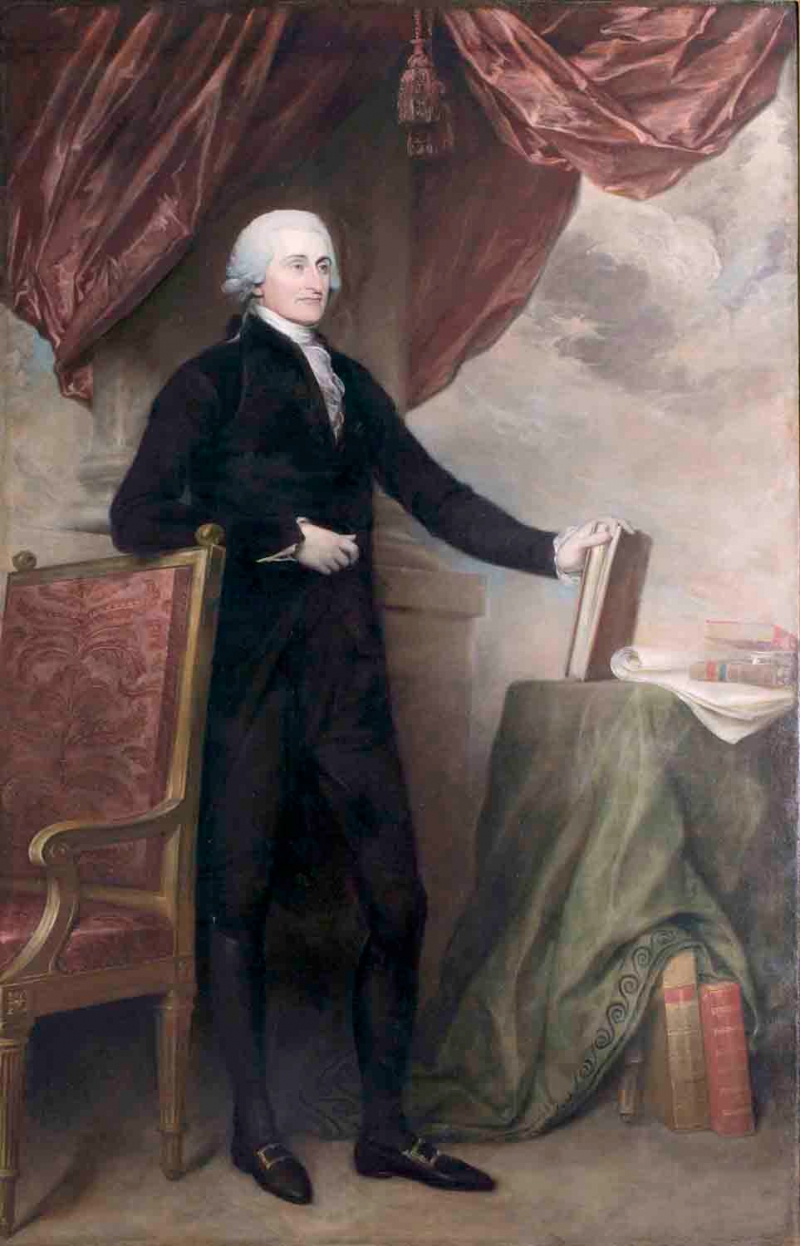The last act Jay set before he died was the Freedom of the Slaves
One of the interesting facts about John Jay is that he continued to "own" slaves up until 1798, the year before he announced the new law. Although John Jay was a founding member of the New York Manumission Society, in the 1790 and 1800 U.S. censuses, he was recorded to have held five slaves. By the 1810 census, all but one of his slaves were free. When he believed that their efforts had "afforded a reasonable payback," he continued to buy and manumit slaves rather than campaigning for their immediate freedom.
He persisted in his opposition to slavery and insisted that the institution shouldn't be brought to places where it hadn't previously existed. The "Address to the People of Great Britain", which John Jay wrote in 1774, contrasted American chattel slavery with British oppression.
The New York Manumission Society, which coordinated boycotts against publications and businesses that participated in the slave trade and offered legal assistance to free blacks, was founded and presided over by Jay in 1785. According to "An Act for the Gradual Abolition of Slavery," slave exports were outlawed as of July 4, 1799, and all children born to slave parents were granted freedom (after serving time-consuming apprenticeships).









